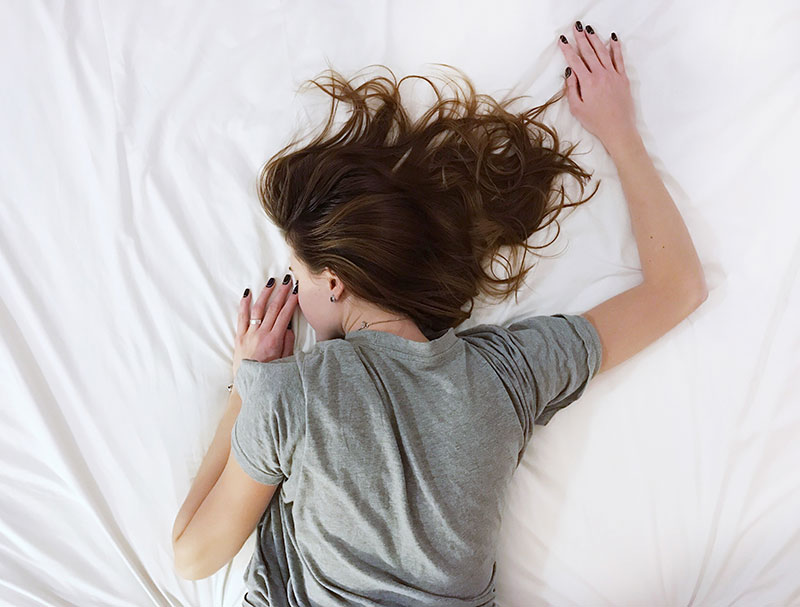Sleep plays a vital role in overall health of the body. Inadequate sleep makes us cranky, slow and can throw off the entire day. But chronic sleep issues can cause a whole slew of other health problems such as obesity, depression, heart disease, high blood pressure, diabetes, stroke and much more. Daily sleep recommendations change constantly as researchers continue to study the neurobiology of sleep and its role in a multitude of aspects of human health and development.
Sleep hygiene is the practices or habits put in place to help the individual achieve optimal sleep. Here’s our top tips to ensure you’re setting yourself up for success each and every day.
Log your routine
If you toss and turn, are a night owl or just struggle to get up in the morning, start a log to help you track your sleep habits for a week or two. Note the time you crawl into bed, any time you wake in the middle of the night, any thoughts that are keeping you up, how you feel when laying down, how you feel upon waking and any changes you begin to make. This can give you a baseline for how you’ve been sleeping and give some perspective on changes you can make to help your sleep patterns.
Sleep Schedule
Setting a schedule for your sleep is an important step to waking up refreshed. Try to go to sleep and wake up at the same times every day of the week. By setting the intention and actively taking the steps to get into rest and relaxation mindset 30 minutes before bed, you’ll be ready to drift off easier. You may want to experiment with how long you sleep and adjusting your schedule based on how much sleep your body actually needs.
Avoid Naps
If you’re not getting a full night sleep, you may find yourself lagging mid-day and want to nap. This can actually make it more difficult to sleep at night.
Ditch the devices
Make your bed a device-free zone. Scrolling social media or catching up on shows is a great way to unwind at the end of the day, but doing so in bed is a bad idea. Blue light from your screen can affect your circadian rhythm and disrupt your brain’s ability to produce those sweet sleep chemicals.
Avoid Caffeine
We’re not knocking your morning cuppa, but limiting caffeine intake after noon can reduce the risk of fragmented sleep. Swap out your dinner soda for water or herbal tea.
Come back this week for part two of our top sleep tips!
